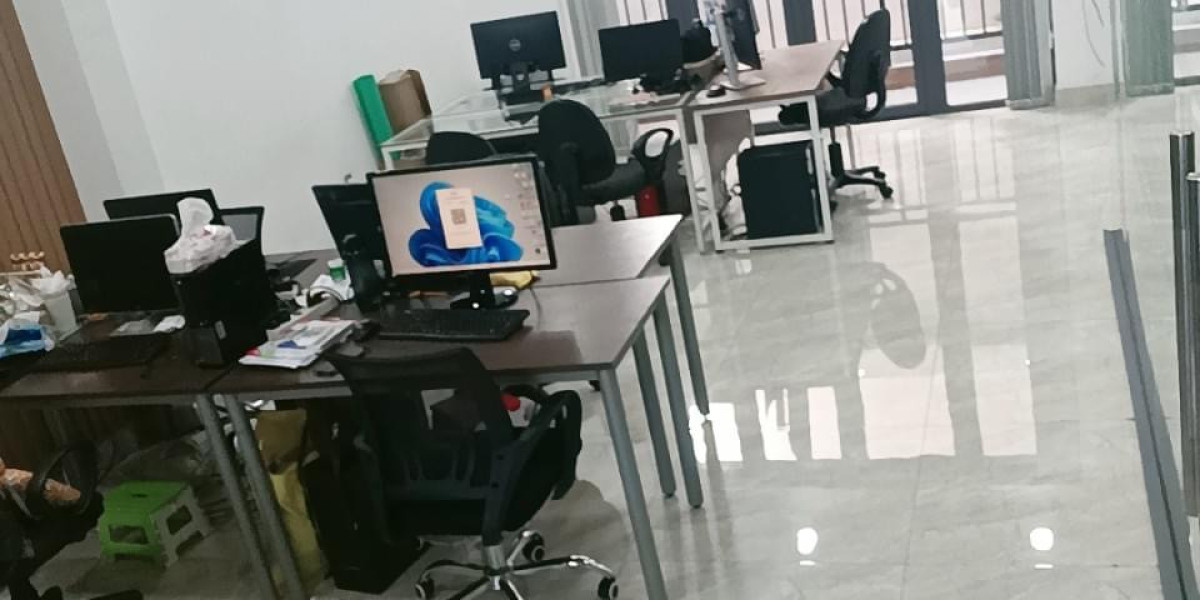Today, we’re delving into the challenges facing Microsoft and its Xbox division, a cornerstone of the company’s consumer hardware and software for nearly 50 years. Since the first Xbox launched in 2001, it has been one of the top three players in the console gaming market, alongside Sony’s PlayStation and Nintendo. But recently, Xbox has encountered some significant setbacks, and many of these issues trace back to fundamental problems in software distribution.
As the cost of making video games continues to rise and the expectations for their quality and scope grow, how do you create standout hits that drive hardware sales? How do you fund these blockbuster titles, and when they finally arrive, how do you ensure they reach a broad audience — especially when many consumers may no longer feel the need to buy an Xbox or pay $70 for a game?
Nintendo and Sony seem to have mastered this dilemma. Both have been reaping the rewards of dominating the console gaming market since at least 2017. That year marked the launch of the Nintendo Switch, while Sony’s PS4 solidified the PlayStation brand as the dominant force of the 2010s. It was also the year Microsoft debuted Xbox Game Pass, a subscription service designed to function like Netflix for gaming.
Phil Spencer, CEO of Microsoft Gaming, crafted a strategy to shift Xbox’s business model. After nearly two decades of relying on proprietary hardware, Microsoft pivoted toward leveraging its cloud computing expertise and the immense financial resources from its Windows software profits. The plan was to combine subscription gaming, cloud streaming, and a willingness to bring Xbox software to competing platforms in a bid to break free from the rivalry with Sony and Nintendo.
But, fast forward eight years, and the results aren’t quite what many anticipated. Xbox remains a distant third in the console race, with estimates placing Xbox hardware sales at less than half of Sony’s PS5. This is despite some massive studio acquisitions that have cost Microsoft nearly $100 billion.
Meanwhile, Nintendo is thriving. Since the release of the Switch, it has sold over 150 million units, and with the Switch 2 expected later this year, the company is poised for continued success.
While Game Pass is certainly a success in its own right, it hasn’t had the same transformative effect that Netflix had on Hollywood. Most gamers still purchase new titles, sometimes even opting for physical discs from retailers like Best Buy or Walmart. Cloud gaming, although promising, remains a niche interest.
So, what went wrong with Microsoft’s bold plan? And can it still succeed in the coming years, if the right conditions align? To explore these questions, I spoke with Ash Parrish, The Verge’s video game reporter, to discuss Xbox’s struggles, Game Pass, and the future of the gaming industry.

For those looking to enhance their Xbox gaming experience, consider visiting Z2U.COM, a trusted marketplace for gamers worldwide. Whether you're searching for Xbox Games Top Up For Sale or want to Buy Cheap Digital Xbox Games, Z2U offers competitive prices and secure transactions. It's the perfect platform to expand your gaming library without breaking the bank. Check it out today and discover incredible deals tailored to your gaming needs!







